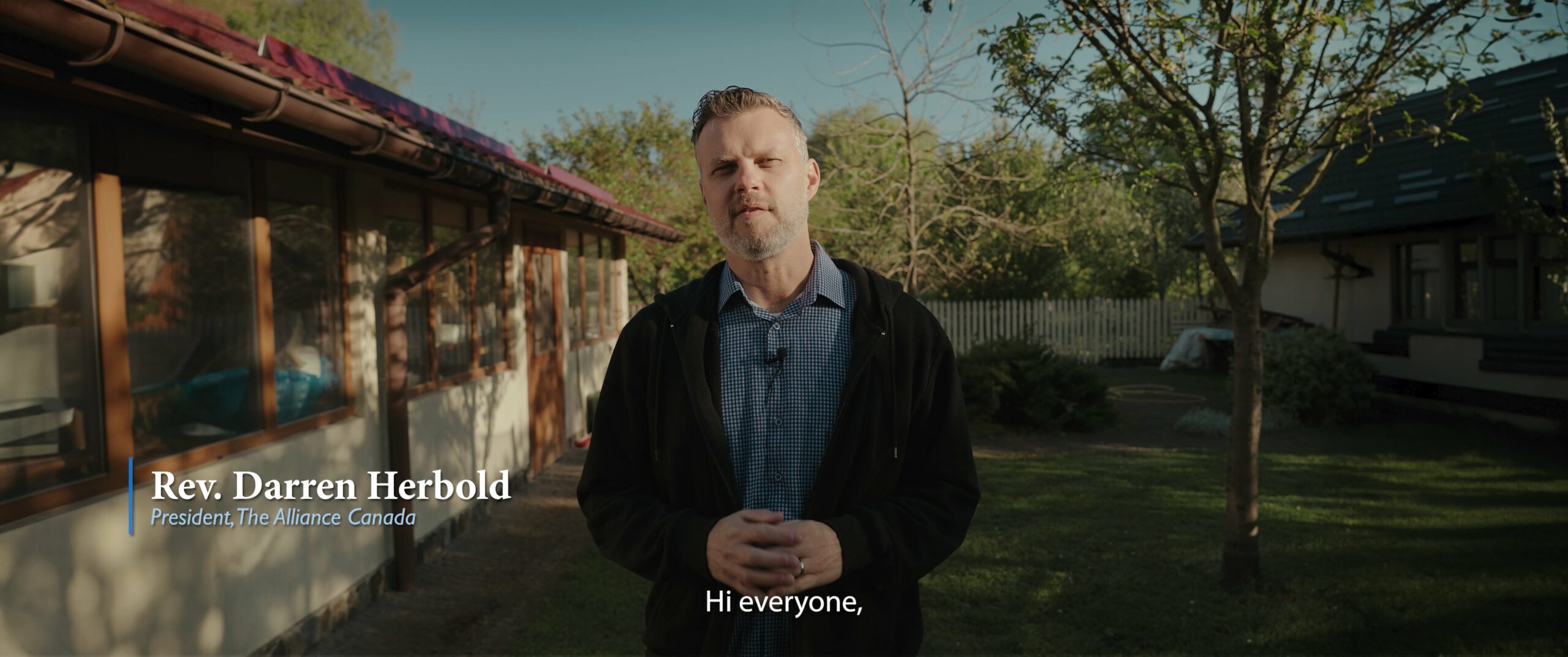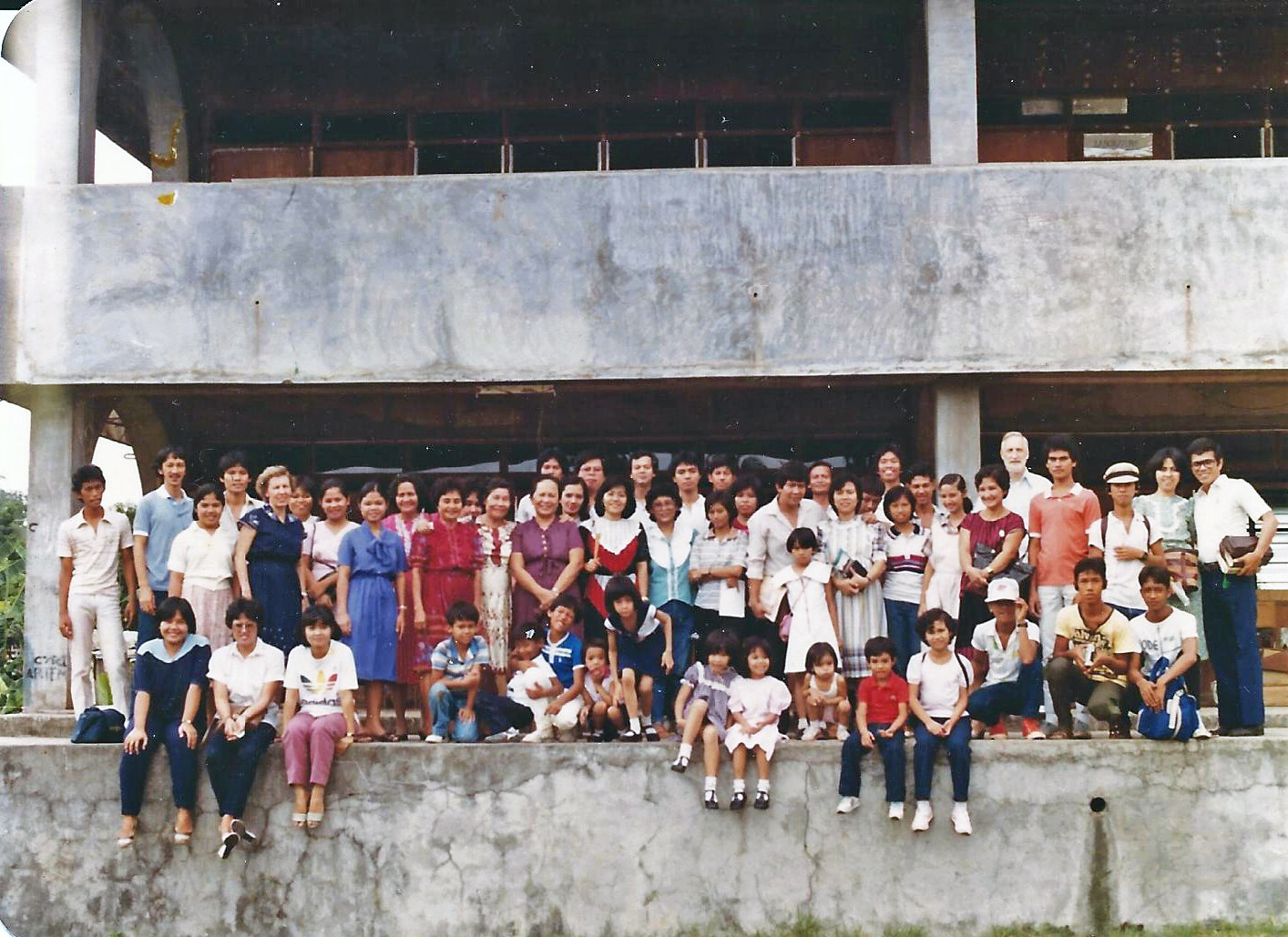At this exciting time in our history, there are people groups in places across the world that are becoming increasingly accessible to the gospel. That increased accessibility, however, almost always comes with, or on the heels of, a humanitarian crisis. People facing the worst times of their lives.
On World Humanitarian Day, we are reminded of the courageous and admirable efforts of aid workers and other humanitarians who risk their lives and run into harm’s way to save the lives of others.
Think about that for a minute. They risk their lives and run into harm’s way to save the lives of others. Sound familiar? Even before He was crucified, Jesus was the ultimate humanitarian. Except his brand of humanitarianism went a step beyond treating people in their immediate moment of distress. It had a life-transforming, sacrificial, and eternal aspect.
A Humanitarian with a Purpose
Jesus showed incredible care for the humanitarian needs of the world in which he found himself.
He healed those who were sick and dying; fed people when they were hungry; stood up for shunned outcasts or those about to be stoned to death, and raised the dead!
He loved us so much, had so much compassion for us that even before he went to the cross, he was touching lives and meeting people exactly where they were at, providing exactly what they needed at that time.
This is why I love the work of our Justice and Compassion initiative. It enables us to go into places where there is severe devastation and brokenness and to actively demonstrate the love of Christ. In that process, people come to know and trust the message of the gospel because they’ve seen it action.
Be Like Jesus – See the Person
Jesus was motivated completely by a deep sense of compassion. It wasn’t intellectual or moral compassion – it was deeper. The kind of emotion you feel in your gut. Jesus’ humanitarianism was also very personal. Crowds often surrounded him but he could look past crowds and see the person.
Why did Jesus touch the leper, and not heal him from a distance? Because he wanted the man to know he was known. He was showing love and compassion to a person not a predicament.
When we look at so many humanitarian crises happening in our world today – wars, fires, earthquakes, terrorist attacks, famines – we see crowds of people devastated by these crises. Often, it’s easy to become numb to all of this.
So I’ve developed a way to keep from numbing out. I call it the power of a face. I’ve asked God to imprint the face of a person on my mind so that when I think of particular place of human suffering I see the face of an individual instead of a faceless crowd.
On a recent trip to Northern Iraq I visited a small Yazidi refugee camp and met a 25 year-old woman and two other younger girls who had just been released from ISIS captivity. They had been kept in an underground bunker and had been brutalized daily by their captors.
As I listened to this 25-year old woman I connected deeply with her pain and suffering and with the pain and suffering of those two younger girls who sat beside her.
Now, every time I think about and pray for the Yazidis of Northern Iraq, I see the face of this young 25-year-old woman who bears the mark of horrendous suffering. Images like that in my mind frame the kind of heart response I want our denomination to have. It moves us from intellectual compassion for a predicament, to emotional compassion for a person. It drives us to act because we can’t not act!
The Humanitarian Crisis at Your Doorstep
If we follow the definition of humanitarians I mentioned earlier – those who run into harm’s way for others – then our International Workers (IWs) are hidden heroes for sure. Every day they go into places of brokenness and devastation and, like Jesus, they meet people where they are at and they help. I think of those IWs who, during the Ebola crisis in West Africa, willing chose to stay and care for the people around them when they had the option to leave for their own safety. They saw people they loved not just a predicament.
But you don’t have to go to Africa to be a humanitarian for Jesus. I remember when our family lived beside another family that was going through a terrible break-up. I watched one night as the two parents stood in their driveway and openly fought with each other in an ugly way in front of their young children. This was a family in crisis.
There are people all around us every day who need our gut compassion. Who need for us to look past their predicament and to see their faces. You can pray for them, you can meet them where they are at and you can offer a helping hand. And as you do so, you can know you are demonstrating the love of our ultimate humanitarian and Saviour: Jesus.
Share:
Find more posts about:
dave.hearn
Support the mission
The Global Advance Fund (GAF) is a pooled fund that supports our workers in Canada and around the world to share the Gospel with people who haven't yet heard the name of Jesus. Your continued generosity equips and sustains our workers and their ministry.








